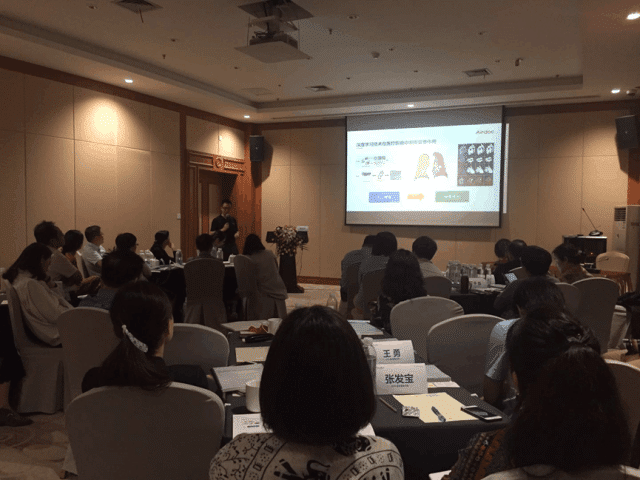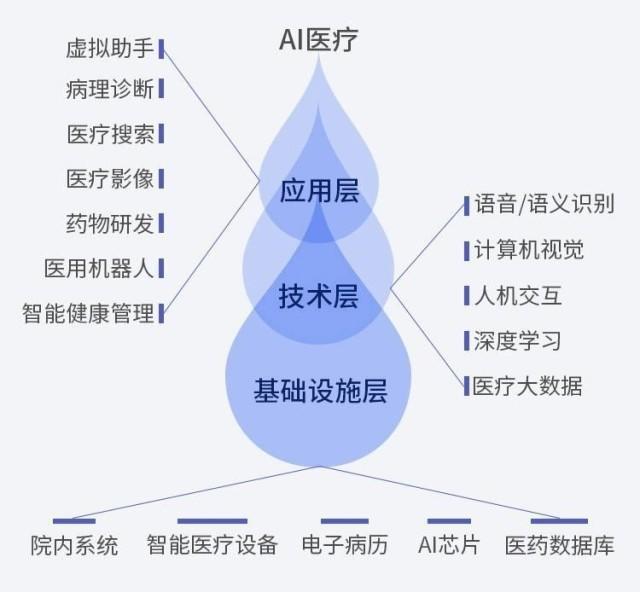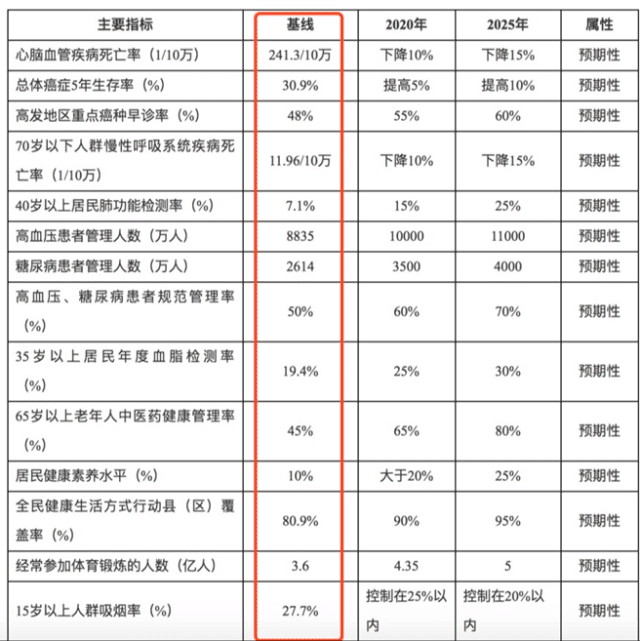
Yuzhong Chen on the Development and Role of Medical Artificial Intelligence
In the last few hundred years, medical care has undergone tremendous changes with the development of technology. Today, medicine is at the highest level in history; however, the current medical resources in China cannot satisfy the patients’ needs.
Since 2012, artificial intelligence has developed rapidly and great progress has been made in computer image recognition. Currently, most companies and research institutions in the medical artificial intelligence field are working on imaging. People hope that AI can solve China’s current medical crisis.
Yuzhong Chen, Airdoc’s Chief Medical Officer, discussed the current status and development of AI, the application of medical AI, and using medical AI to improve chronic disease screening and management.

Yuzhong Chen stated that Airdoc is a leading enterprise in the medical artificial intelligence field, focusing on the application of artificial intelligence in medical imaging. Airdoc’s AI chronic disease recognition system can automatically read the retinal image taken by a retinal camera, using the algorithm. Rapid screening analysis can be performed.
The Development and Current Status of Artificial Intelligence
In the 21st century, the rapid development of artificial intelligence is changing society. Speech recognition, fingerprint recognition, driverless cars, robot deliver services, and so on reflect AI’s momentum.
Today’s AI can assist humans in memory and logic operations while performing complex mental work, accomplishing difficult tasks. AI facilitates human-computer communication by allowing the computer to understand words, languages, and expressions. Many fields such as manufacturing, medicine, and customer service now use AI, so we can say that AI is transforming our world.
Medtech: Internet, Big Data, AI
As medical informationization continues, algorithms using big data are becoming increasingly intelligent. Medical resources are tight in China, and artificial intelligence can lessen the pressure by assisting or even replacing medical personnel. With AI, more resources can be given to those with urgent needs. To support the rapid development of AI, the State Council of China, the Chinese National Development and Reform Commission (NDRC), and the FDA have issued articles on medical data and artificial intelligence since 2013.
With the improvement of new technologies in biology, medicine, and medtech, the way we think about disease and formulate treatment has changed greatly. In the tech field, more enterprise intellectual property application products have emerged, since new technologies require new service models. The AI field is lively and thriving.
AI + Medicine


Combining AI and medicine is directly helping doctors. As Chen said, scientific research cooperation, reducing labour intensity, improving work efficiency and quality are direct results, and AI can help patients monitor and follow up on the disease at any time. AI’s abilities empower doctors with less training, letting them accomplish tasks that previously required specialists. Medical imaging is the earliest breakthrough in medical AI; ophthalmology may be the first department where medical AI is established. Deep learning technology is the latest advancement in the field.
Retinal photography techniques have already been perfected, and they are both easy to use and mobile. The machines can be used both inside hospitals and outside, for screening purposes.
Improving Screening of Chronic Diseases
Currently, 20% of China’s county-level hospitals do not have ophthalmology services. There are only 36,000 ophthalmologists in the country. However, there are 114 million diabetics and at least 270 million patients with hypertension. (Source: National Health Commission of the People’s Republic of China’s 2017 Annual Conference).

According to clinical guidelines, patients with diseases such as high blood pressure and diabetes should get regular retinal tests. However, the number of patients greatly exceeds the number of doctors, so hospitals are unable to meet their patients’ needs.

(The number of chronic patients in China is increasing every year.)
As the first medical artificial intelligence company in China, Airdoc has partnered with more than one hundred of China’s top hospitals to provide eyecare. The company has also developed numerous out-of-hospital applications such as workplaces, pharmacies, glasses stores, and medical examination centers.
By training with millions of retinal images, Airdoc’s algorithm can analyze the ocular blood vessels, optic discs, macula, and nerves in retinal images. It can identify systemic chronic diseases such as hypertension, diabetes, and arteriosclerosis, as well as common eye diseases like high myopia, age-related macular degeneration, venous obstruction, and cataracts.
Airdoc’s AI deep learning chronic disease screening platform cooperates with the relevant departments of China’s Ministry of Science and Technology, various scientific research institutes, and many ophthalmologists to provide services for patients.



